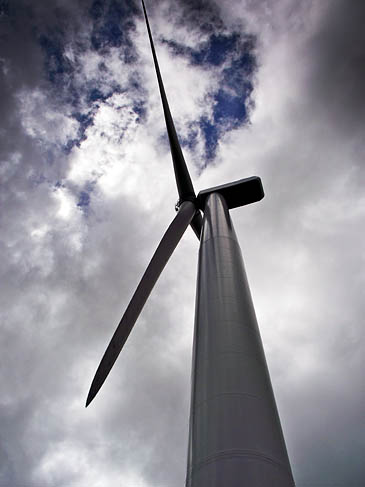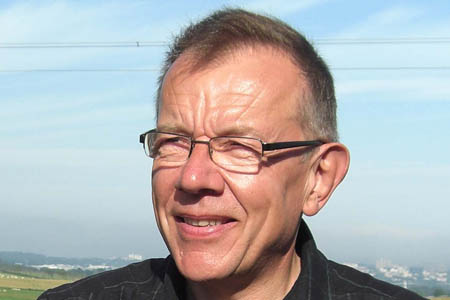Scotland’s mountaineering body said a parliamentary report on renewable energy was profoundly weak and out of date.
The Mountaineering Council of Scotland said the Holyrood report represented a missed opportunity to protect the wild area and uplands of Scotland.
It said it was deeply disappointed at the failure to protect the nation’s mountains from industrial development of large windfarms.
The Report on the Achievability of the Scottish Government’s Renewable Energy Targets was published by the Economy, Energy and Tourism Committee.
David Gibson, MCofS chief officer, said: “This report is a missed opportunity for Scotland to protect our fabulous open landscapes and paves the way for huge power companies to smother yet more of our mountainsides with turbines and roads in order to make even bigger profits.
“It puts the onus on local authorities to prevent unsuitable developments, but councils which try to resist big windfarm developments are under increasing pressure from the Scottish Government and all too often their decisions are overruled by ministers.
“The Scottish Government needs to show leadership and create a national renewables spatial planning policy which protects our countryside by determining where developers can and cannot build.”
The MCofS said it supports the Scottish Government’s ambitions for Scotland to be a world leader in clean power generation but argues that it must also lead the way in good practice.
Mr Gibson welcomed the new report’s suggestion that regular reports should be published giving an accurate breakdown of renewable energy developments across the country.
“The fact that we don’t already have these is astounding and shows that the Scottish Government has simply not got a handle on what is happening,” he said.
“It is pushing ahead with national targets but has no real idea of what is being built and where.”
The MCofS has also called for the Scottish Government to respond to calls in the report for more research into the impact of windfarms on tourism.
Mr Gibson said: “The evidence presented to the committee which suggested that wind farms have little effect on tourism was of a poor quality and is well out of date.
“New studies such as the John Muir Trust YouGov poll confirm that badly located windfarms put off tourists – something Scotland cannot afford to do.
“The Scottish Government should commission robust, detailed and independent research straight away in order to ensure that this hugely important industry, which according to VisitScotland supports over 270,000 jobs, is properly protected.”
The MCofS, which has 11,400 members, published a manifesto, Protecting our Mountains, which has the backing of the 75,000-strong British Mountaineering Council, representing England and Wales, the Munro Society, the Cairngorms Campaign and the North East Mountain Trust.
It calls for a moratorium on further developments in areas of special sensitivity, such as Scotland’s highest peaks the munros and corbetts.

